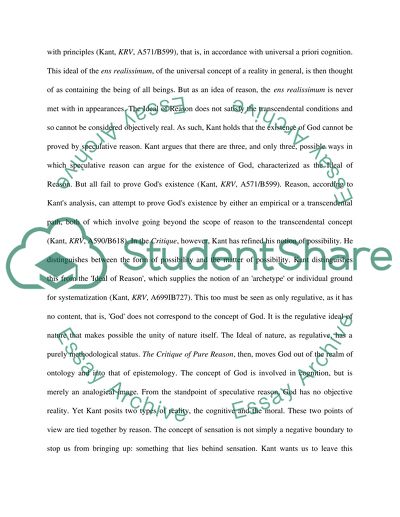Cite this document
(“Kant and the critique of metaphysics Essay Example | Topics and Well Written Essays - 1000 words”, n.d.)
Kant and the critique of metaphysics Essay Example | Topics and Well Written Essays - 1000 words. Retrieved from https://studentshare.org/philosophy/1533043-kant-and-the-critique-of-metaphysics
Kant and the critique of metaphysics Essay Example | Topics and Well Written Essays - 1000 words. Retrieved from https://studentshare.org/philosophy/1533043-kant-and-the-critique-of-metaphysics
(Kant and the Critique of Metaphysics Essay Example | Topics and Well Written Essays - 1000 Words)
Kant and the Critique of Metaphysics Essay Example | Topics and Well Written Essays - 1000 Words. https://studentshare.org/philosophy/1533043-kant-and-the-critique-of-metaphysics.
Kant and the Critique of Metaphysics Essay Example | Topics and Well Written Essays - 1000 Words. https://studentshare.org/philosophy/1533043-kant-and-the-critique-of-metaphysics.
“Kant and the Critique of Metaphysics Essay Example | Topics and Well Written Essays - 1000 Words”, n.d. https://studentshare.org/philosophy/1533043-kant-and-the-critique-of-metaphysics.


